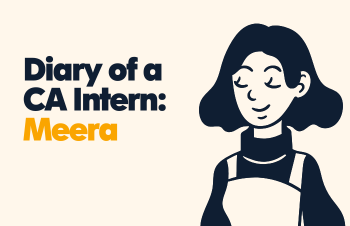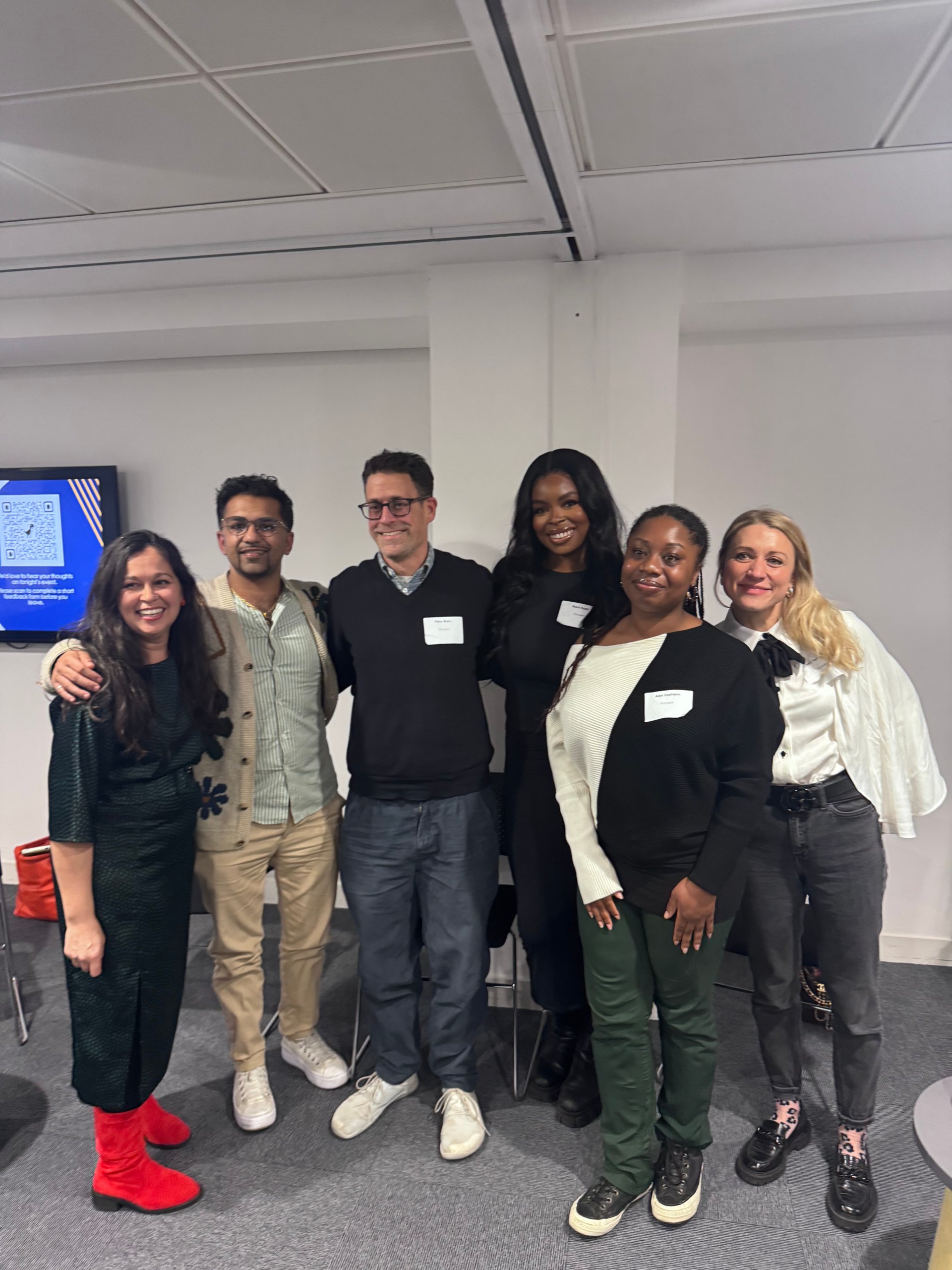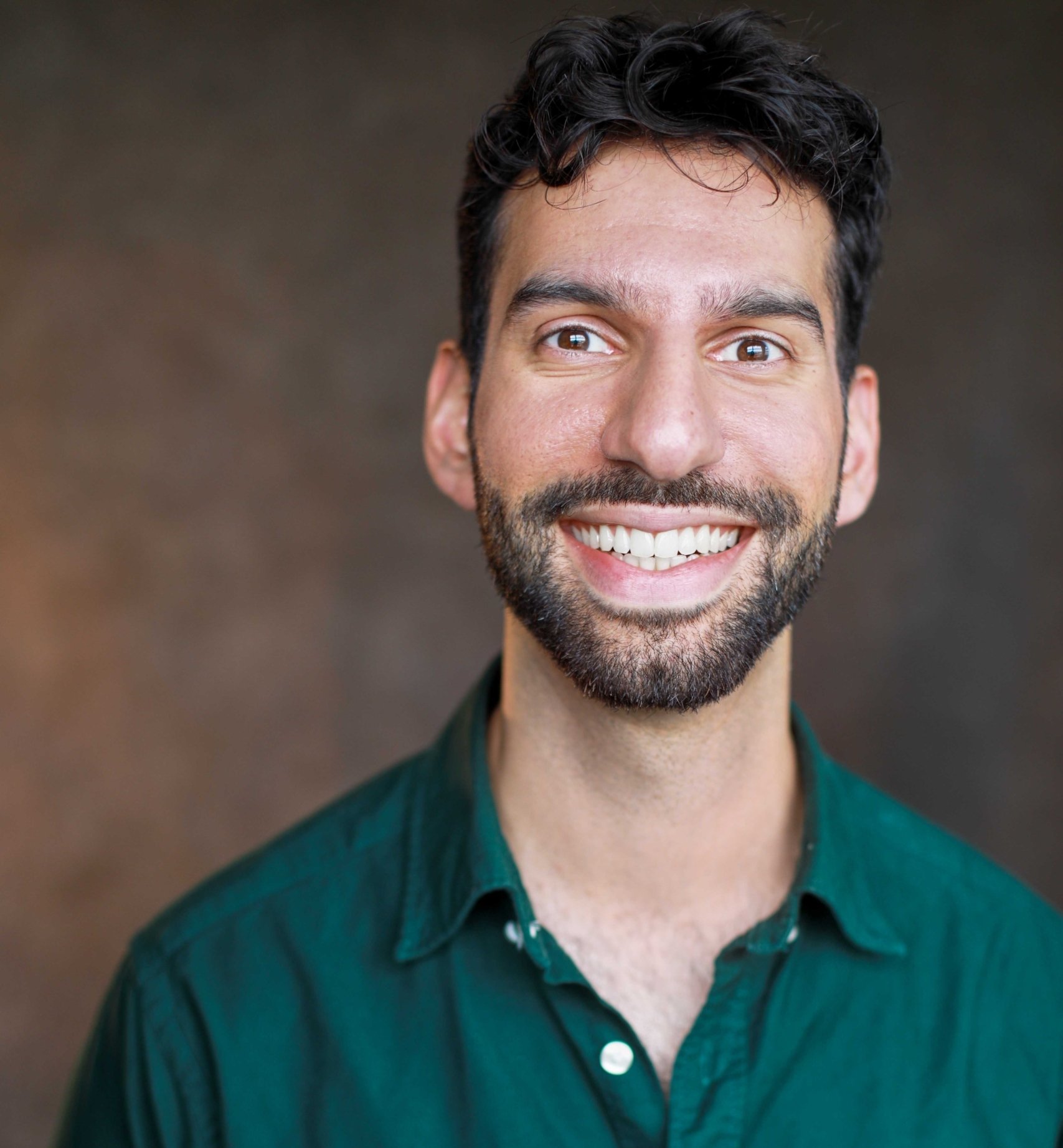Here at Creative Access, we had the pleasure of speaking to British feminist queer illustrator Florence Given about her debut book, Women Don’t Owe You Pretty, as well as her activism and using your platform to incite change.
Q: Tell us a little bit about yourself!
I’m 21 years old, I’m a white cis queer woman, I live in London, I’m an artist, author and illustrator and I dedicate my entire life and my work to unpacking societies long-held beliefs, particularly the ones that exist in my own mind about myself, my identity, and what I’ve been taught to believe about others! I want to poke holes in the heteronormative façade that has encouraged women to sacrifice themselves and abandon their desires for validation, particularly validation from men. This particular view on feminism was born from leaving an abusive relationship, one I didn’t recognise as abusive until much later. I aim to encourage women to spot these red flags so they’re able to hopefully avoid these situations before it’s too late and they’re in the fog of emotional manipulation.
I want to poke holes in the heteronormative façade that has encouraged women to sacrifice themselves and abandon their desires for validation, particularly validation from men.
Q: People know you for your vibrant illustrations and passionate activism. Did one inspire the other or had you always wanted to be an artist?
I have been making artwork since I was about 14 years old for my art GCSE, where I was creating illustrations and paintings of naked women with wonky tits! Although it wasn’t intentionally political at this time. I think my first ‘catalyst’ for introspection was when I separated from the clique I was in at school. I didn’t like the person I had to become just to ‘keep my place’ in the group and once I was out of it that’s when I started to tap into my own self – through isolation. A lot of realisations were born from making that decision that inform my art today. I stopped viewing women as people to tear down in order to make myself feel better, empathised with their pain, and learned how to navigate their projections to cope with the bullying. I journaled in my diary about my experiences and these uncomfortable truths for years. It wasn’t until I went to art college that I decided to do this with slogans, as I also then learned the terms ‘sexual assault’ and ‘sexual harassment’ and quickly became charged with rage at how normalised this behaviour was, and how I’d experienced it so many times before.
I quickly became charged with rage at how normalised this behaviour was, and how I’d experienced it so many times before.
Q: What is Women Don’t Owe You Pretty about?
Women Don’t Owe You Pretty is an exploration of interpersonal relationships through a feminist lens, and a book that I hope encourages accountability for our actions and our beliefs, as well as pointing the finger at patriarchy/racism/capitalism. Because those systems exist inside of ourselves, too.

It’s a book full of lessons I learned the hard way through making mistakes, through inflicting my unhealed wounds onto others, or having someone’s unhealed wounds projected and inflicted onto me. I research a lot of psychology articles and listen to podcasts of therapists to better understand my experiences, and the lessons I drew from my experiences are in this book! A lot of the time these wounds we have and take out on others are caused by systems of oppression, and in my case, I inflicted a lot of wounds and insecurities I had about myself from patriarchy onto other women, to make me feel better about myself and my supposed “flaws”. The feedback I’ve had about my book so far is that the chapter on internalised misogyny (“refuse to find comfort in other women’s flaws”) was the hardest and most uncomfortable to read – and I’m so glad. I cringe thinking about the person I used to be, and how still to this day I have intrusive thoughts about women that enter my brain! I talk a lot in my book about how to deal with this and how to cut these thoughts short.
A lot of the time these wounds we have and take out on others are caused by systems of oppression
Q: You warn your readers that the book is “full of uncomfortable truths”, were these what led you to writing your book?
Yes. I’m no longer a person who’s afraid to dive deep and face myself, and that’s part of why I’m able to spend so much time alone and as a result, protect my space! Because if I don’t mind being alone, it means I’m less likely to entertain people who seek to use, abuse or mistreat me just because being the comfort of being in a relationship makes me feel validated or ‘loved’. Because I already feel loved by someone – myself. I have spent years surrounding myself with people who weren’t healthy for me or my growth, purely because they helped to distract me from facing and healing my wounds. The thought of doing that and being alone was the most frightening thing on earth! I chased distractions, in order to avoid facing whatever insecurity inside me needed looking after and examining. I learn multiple uncomfortable truths about myself through my relationships with others. I fucking love human beings. I love working together to understand each other better. The people in my life support me and enhance my growth, and part of that involves calling each other in, on behaviours that are harmful.
“The truth will set you free, but first it will piss you off” – Gloria Steinem
Q: How important is it for you to use your platform to highlight social issues?
My platform was built on shouting about social issues and my experiences, so for me, it’s the most natural way to use my platform! I think it’s incredibly important that we use whatever voice we have to incite change. Platforms don’t have to be thousands of Instagram followers, it could be your family household. That’s your platform, open their minds!
it’s incredibly important that we use whatever voice we have to incite change.
Q: How politicised do you think art can be and what is your advice for aspiring artists?
Art can be as political as it wants and needs to be. Everything is political. Even shagging is political!
My advice to aspiring artists is to make work that draws from your personal experiences.
Q: How has life in lockdown been treating you?
I’ve been going on lots of bike rides and breaking down some internal confidence barriers I didn’t even know existed as a result of this. I’ve been searching deep into myself, facing all the ‘ugly’, working through old behaviour patterns, and allowing myself to be slow too.
Florence Given’s debut book Women Don’t Owe You Pretty published by Cassell, £12.99 hardback, is available to order now.




